Workgroup Chair and co-Chair
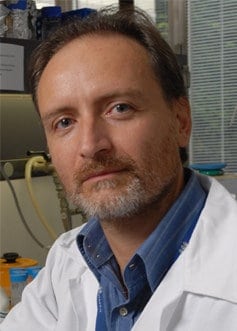
Pr Marco Tartaglia
(Italy)
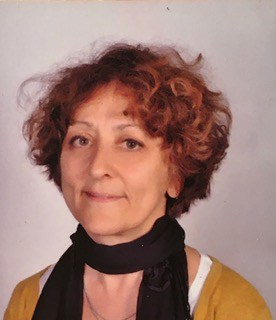
Pr Zeynep Tümer
(Denmark)
The objective of workgroup is to provide European research projects with a structured network of clinical services and a networking environment for collaborative research, including all activities targeting the patient who have no diagnosis, despite thorough genetic investigations involving the genome analysis.
Support collaborative research
To promote collaboration between researchers, this taskforce has set up a virtual plaforms for calls for collaboration on clinical research. The aim of these calls is to help clinicians or researchers studying a same gene or disorder to get in touch and pool their data. These collaborations are meant to result in the rapid building of consistent clinical series for rare monogenic disorders that should help better delineate the clinical spectrum and natural history of recently identified entities in the field of ITHACA.
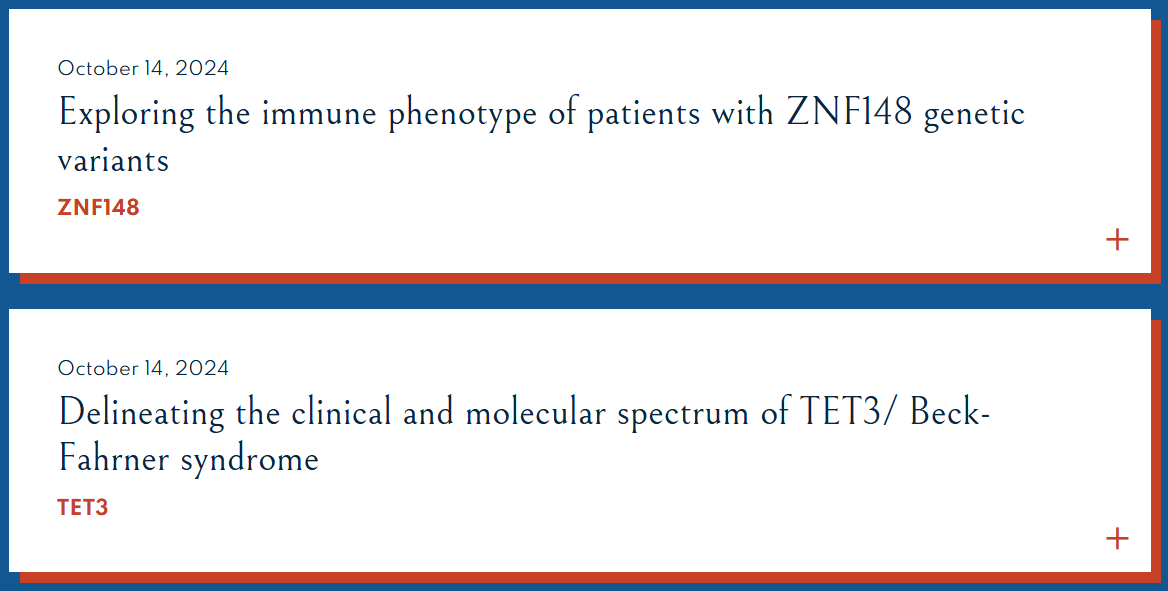
Examples of two calls for collaboration from our platform
The taskforce also organises an annual Research Workshop to provide a new platform for ERN members to present and discuss their collaborative research projects. This event is held on December of every year and follows the ERN-ITHACA Board meeting. The aim of this initiative is to encourage collaboration and the sharing of knowledge and expertise across the ERN-ITHACA community, and to facilitate the development of new research projects.
Our Workgroup members are also developing a new match-making database that will include calls for specific projects and a list of labs with their expertise, tools, platforms, disease models in use and open to collaboration. A new ITHACA workshop dedicated to this project is also in development.
Epigenetic network
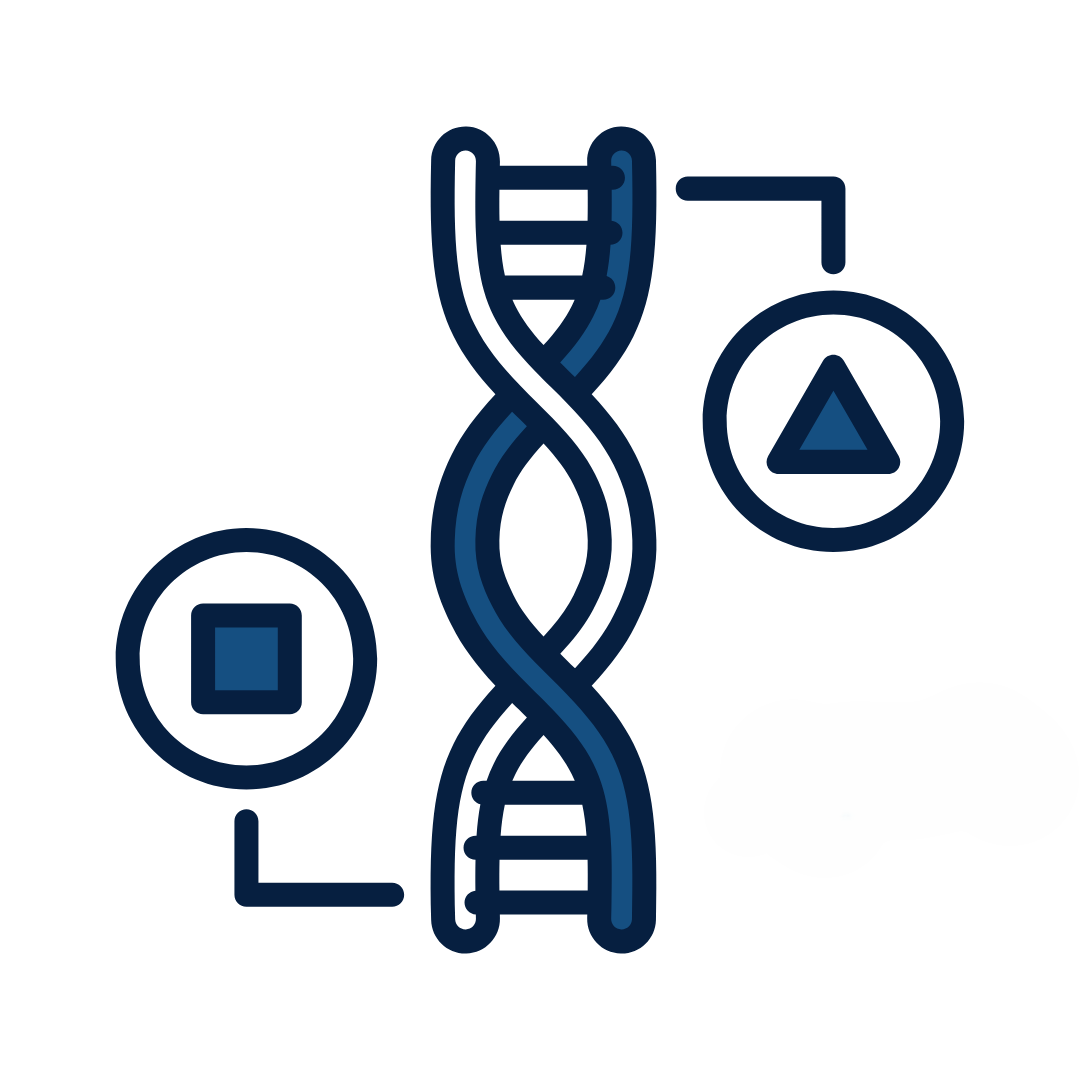
The use of genomic sequencing in clinical practice has significantly improved the diagnostic yield in patients with rare diseases. Nevertheless, about 50% of them remain without diagnosis. Recently, genome-wide DNA methylation (DNAm) array analysis has allowed to identify unique signatures (i.e. episignatures) for an increasing number of rare diseases, allowing to reach the diagnosis in patients in whom genetic testing is not informative.
This taksforce seeks to promote this new technology by supporting the establishment of EpiEuroNet, a European network for DNA methylation profiling which creates new data and tools facilitating the use of DNAm analysis in the clinical practice to speed up diagnosis and offer proper counseling and personalized care.
This taskforce is also supporting the development and maintenance of an EU-based disease/gene/variant database of DNA methylation profiles for diagnostic and research applications.
Other initiatives for undiagnosed patients
Undiagnosed patients who have been analysed by all contemporary means, including genome, are a challenge. The purpose of this task is to foster a collaboration with structures that in EU and beyond focus their activities on Undiagnosed Patients, such as the Wilhelm foundation in Denmark, SWAN PAG in UK and others. In particular, the ERN is supporting the Undiagnosed Hackathon, a unique event that gathers teams of multidisciplinary experts to solve undiagnosed clinical cases.
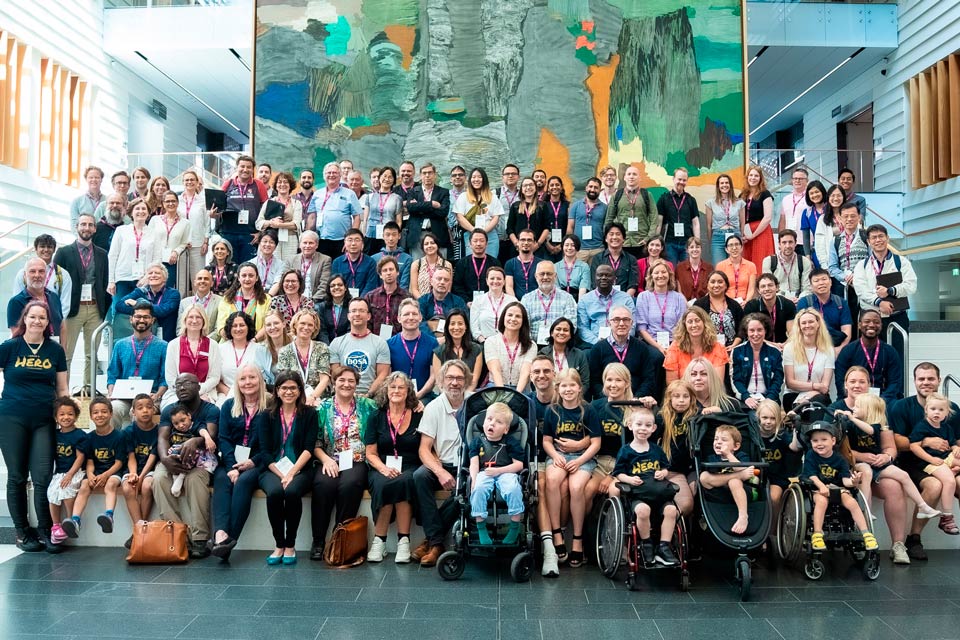
Undiagnosed Hackathon 2023 – photo from the Wilhelm Foundation
Research Partnerships
This taskforce seeks to develop partnerships with key European research stakeholders such as Solve-RD or IRDRIC.
